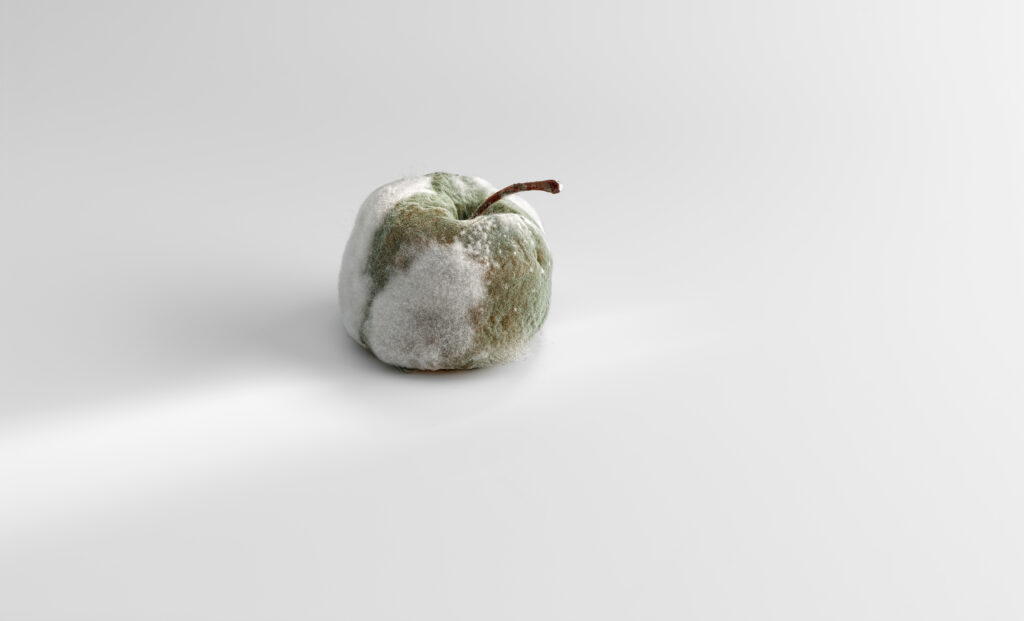Mugaritz’s Work on Fermentation Reaches Stanford University
21/10/2025
- Ramón Perisé, Head of Innovation and Development at Mugaritz, will join Stanford University as a visiting artist during the 2025–2026 academic year to explore the relationship between fermentation, creativity, and sustainability.
- This marks the first time Stanford University has invited a professional from the field of gastronomy to take part in its artist residency program.
Ramón Perisé, Head of Innovation and Development at Mugaritz, will take part as a visiting artist in an artistic residency organized by Stanford University (USA) during the 2025–2026 academic year. This milestone highlights the work carried out by Mugaritz in this field, as the restaurant has been a pioneer in using fermentation as a creative language — one that, beyond transforming ingredients or exploring new techniques, has become an inspiring ground for sowing questions and provoking reflection.
The residency, organized by Stanford’s Department of Art in collaboration with the Doerr School of Sustainability, the Hill-Maini Lab, and supported by the Office of the Vice President for the Arts, is part of the Doerr School of Sustainability Visiting Artist Program. Its aim is to explore the relationship between creativity, sustainability, and food systems from an interdisciplinary perspective that bridges art, science, and gastronomy. Mugaritz’s participation represents a significant milestone, as it is the first time Stanford’s Department of Art has invited a professional from the world of gastronomy to join its residency program, traditionally reserved for visual or performance artists.
Fermentation: A Living Narrative That Connects Ecosystems
During his stay, Perisé will invite students to view fermentation as a living narrative that connects ecosystems at different scales — from the microbiome to university communities. Through this lens, natural processes such as symbiosis and essential values like collaboration, uncertainty, and time will be explored.

From Mugaritz’s perspective, fermentation goes far beyond the culinary realm; it is a metaphor for transformation — of ingredients, textures, and ideas. Technically, it serves as a tool for culinary exploration, enabling the investigation of how foods change and develop new textures that blur conventional references. Conceptually, Mugaritz uses fermentation as a means to open doors, raise questions, and inspire reflection.
Through this transformative power, Mugaritz reflects on and evokes landscapes, questions the boundaries of what we consider “good” or “bad,” and explores the beauty of decay, while laying questions on the table: Why do we eat the way we eat? Why do we like what we like? How can an invisible world — that of microorganisms — hold artistic value? How can we, by opening not only our mouths, explore the boundaries between the raw, the fermented, and the rotten? And ultimately, how can fermentation serve as a space to accelerate the present and foster a more sustainable future? All of this aligns with the mission that defines Mugaritz: to push the boundaries of gastronomy and question what is taken for granted.
The residency will delve into the essence of fermentation and how microorganisms inspire models of cooperation, translating these principles into bio-artistic-culinary contexts through workshops, installations, dinners, and other experimental experiences. The proposal will also integrate an aesthetic of sustainability — understood as a sensory and narrative choreography that transforms diners into co-creators, turning the act of eating into a source of knowledge and culture.
“We will reflect on questions about complexity — how we are part of it, and what can emerge from that web of interactions. I’m interested in exploring what happens at different scales, from the micro to the macro, and how gastronomy can help us create new languages and narratives to understand ourselves,” explains Ramón Perisé.
Mugaritz’s longstanding commitment to fermentation was recognized in 2021 with the Sferic Award, presented by the Science & Cooking World Congress Barcelona, honoring its work in researching, developing, and applying fermentation processes in gastronomy.
The Doerr Visiting Artist 2025–2026will be hosted by the Department of Bioengineering, with the support of the Doerr School of Sustainabilityand theOffice of the Vice President for the Arts. Alongside Ramón Perisé, the program will feature other visiting artists such as poet and cultural critic Hanif Abdurraqib and director, choreographer, and cultural strategist Erika Chong Shuch, who will each contribute unique perspectives on how the arts can illuminate, provoke, and transform our understanding of the world we inhabit.ectives uniques sur la manière dont les arts peuvent éclairer, provoquer et transformer notre compréhension du monde dans lequel nous vivons.